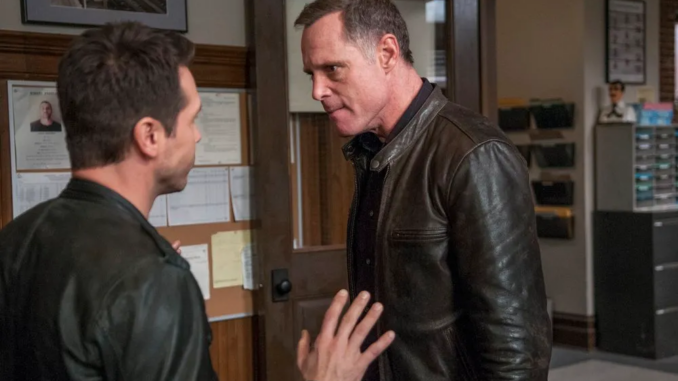
In the latest episode of Chicago P.D., Voight’s anger is driven by a complex mix of personal and professional turmoil.
The tragic death of Detective Martel, a new addition to the Intelligence Unit, becomes a turning point that shakes Voight to his core. Martel’s sudden and violent death during a routine patrol with Ruzek deeply unsettles Voight. Despite years of leading the Intelligence Unit, the unpredictable nature of the job—and its dangerous consequences—continues to haunt him. The loss not only triggers his feelings of frustration but also opens old wounds related to his own personal losses, such as the death of his son, Justin, which occurred years ago. These feelings are further amplified by his own close brush with death during the previous season.

This episode showcases Voight in a more vulnerable light, as he confronts his fears of losing control over the chaos that surrounds him. With the departure of Upton still fresh in his mind, and now the death of Martel, Voight finds himself grappling with feelings of helplessness and anger. His need to maintain control over his team and their safety feels increasingly impossible, and his temper flares as a result. This emotional burden weighs heavily on him, as he starts to question his own leadership and the role he plays in protecting his unit.
Voight’s outbursts, which have been a signature part of his character throughout the series, are intensified by this sense of grief and responsibility. For a man who has always prided himself on being able to handle the toughest situations, this episode reveals just how much these losses are affecting him on a deeper, emotional level. His efforts to contain his anger while still leading the unit show the ongoing internal battle he faces between maintaining composure and allowing his frustrations to bubble to the surface.
The dynamic within the Intelligence Unit also becomes more strained as everyone struggles to process Martel’s death. Ruzek, in particular, feels the weight of the tragedy, as he was with Martel at the time of the shooting. Voight’s attempts to channel his anger into solving the case quickly reflect his desire to regain control, but the emotional toll of the recent events is hard to ignore.
